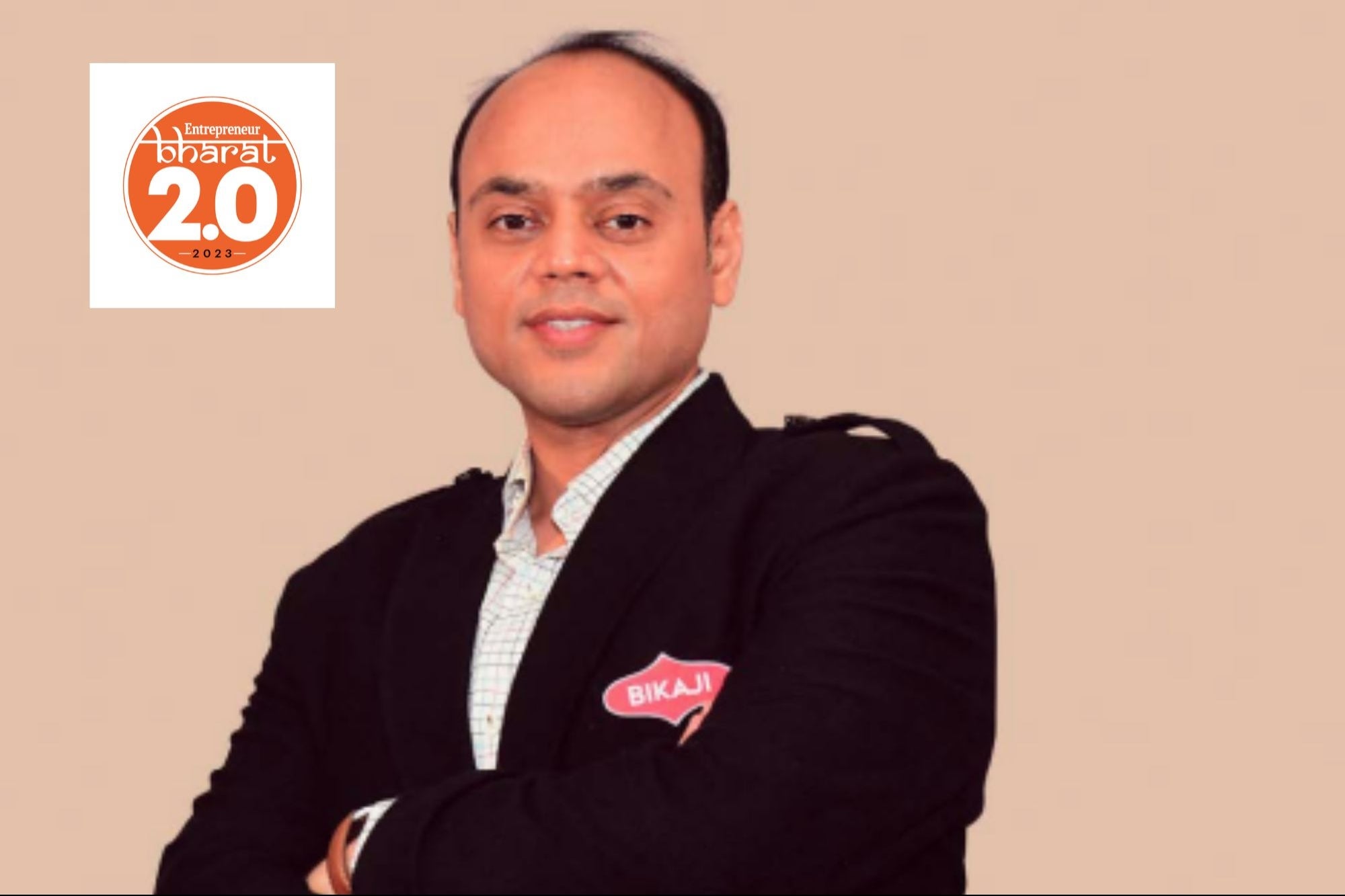Clean Tech Can Impact 37 Million Livelihoods in Agri & Textile Sectors: ReportAccording to the report, clean-tech-powered technologies have the greatest impact opportunity in Uttar Pradesh, followed by West Bengal, Bihar, Gujarat, Maharashtra, Madhya Pradesh, and Karnataka.
ByPriya Kapoor•
Opinions expressed by Entrepreneur contributors are their own.
You're reading Entrepreneur India, an international franchise of Entrepreneur Media.

Clean technologies have the potential to impact 37 million livelihoods in India's agriculture and textile sectors and translate into a market opportunity worth almost INR 4 lakh crore (about USD 50 billion). This was revealed in reports titledDecentralised Renewable Energy Technologies for Sustainable Livelihoods: Market, Viability, and Impact Potential in India and How Decentralised Renewable Energy-powered Technologies Impact Livelihoods: Findings from the Groundreleased by the Union minister for Power, and New & Renewable Energy R. K. Singh at the 'National Summit on Powering Sustainable Livelihoods' on Wednesday. The summit was organised by the Council on Energy, Environment and Water (CEEW) and Villgro Innovations Foundation's Powering Livelihoods initiative.
The report further stated that a whopping 70 per cent of women and farmers using clean technology reported an income increase, typically by 35 per cent. They use clean-energy powered products such as solar-powered silk reeling machines, multi-food processors, micro solar pumps, solar vertical fodder grow units, among others, to enhance and diversify their income.
According to the report, clean-tech-powered technologies have the greatest impact opportunity in Uttar Pradesh, followed by West Bengal, Bihar, Gujarat, Maharashtra, Madhya Pradesh, and Karnataka. But the relative market for each livelihood technology varies across states. For example, micro solar pumps have the highest market in West Bengal, whereas solar dryers have the highest market in Maharashtra.
Unveiling the report, theUnion minister R K Singh also announced the government's new scheme for distributed applications of renewable energy (RE). "There is already a lot of work happening on the ground and our scheme could benefit lakhs of families across the country. We will, however, need large scale-manufacturing and standardising of distributed applications of RE to lower prices and expand the sector. We have seen the potential of grid-scale solar power; India will scale up distributed applications of renewable energy for livelihoods. Just like we have a large programme on rooftop solar and solar irrigation, we will create a large programme for DRE livelihoods."
“政府计划make DRE livelihood equipment affordable. One aspect of this will be tying up with banks. If a family wants to own a solar dryer, they should be able to get financing from the banks – we will work towards it. Manufacturers and users of DRE for livelihoods are pioneers and now the government will scale it up to the next level," he added.
The minister also launched'Suraj ka Gola' — a solar anthem produced by CEEW and Villgro. Created in collaboration with the band Maati Baani and Ashish Kulkarni ofIndian Idolfame, the song celebrates how solar energy is transforming lives and livelihoods in rural India.
In India, solar-powered pumps—higher capacity and micro-pumps—have the maximum deployment potential, followed by solar-powered vertical fodder growing units and solar dryers. Collectively, these four technologies alone can impact around 27 million livelihoods. Unsurprisingly, solar pumps are the most mature among these technologies due to the government programmes supporting them since 2015.
On this occasion, Abhishek Jain, Fellow and Director – Powering Livelihoods, CEEW, said, "India is among the global leaders in clean energy transition. With a programme like Powering Livelihoods, we are taking this clean energy transition to the masses and contributing to their incomes and livelihoods. By deploying more than 11,000 such technologies across India since the pandemic, we have shown the impact of clean-energy-powered livelihood technologies on enhancing and diversifying people's incomes. In a country where a million youth reaches the working-age population every month, we need to aggressively support jobs and livelihoods."
Ananth Aravamundan, Sector Lead – Climate Action, Villgro, said that through Powering Livelihoods they have supported social entrepreneurs who are trying to create lakhs of livelihoods in rural India by harnessing renewable energy, using scalable and replicable business models. "Over a 15-year investment horizon, the clean tech product variants become more attractive than their grid alternatives. We hope that the evidence generated by this programme will motivate policymakers, financiers and manufacturers to extend support to mainstream such livelihood products."













